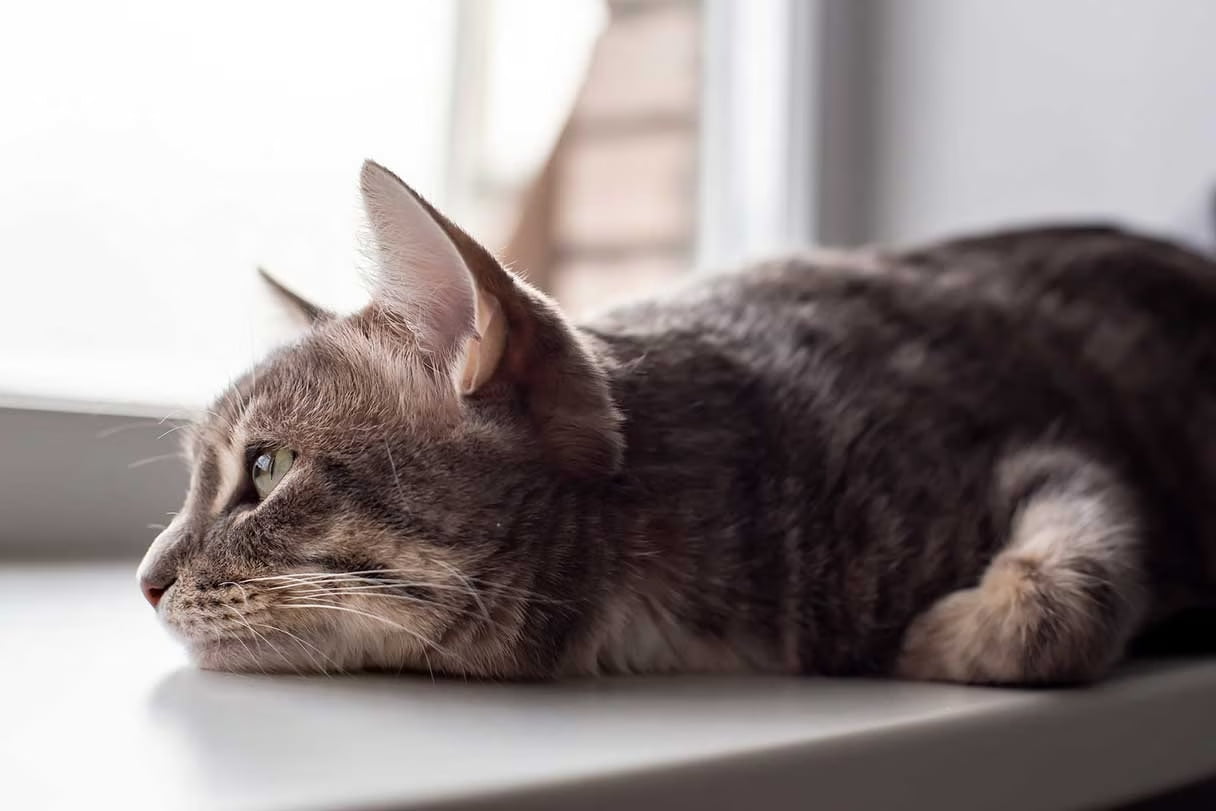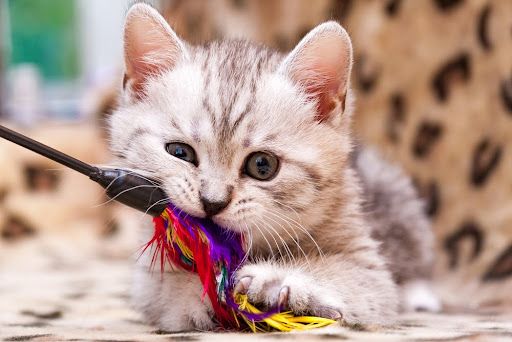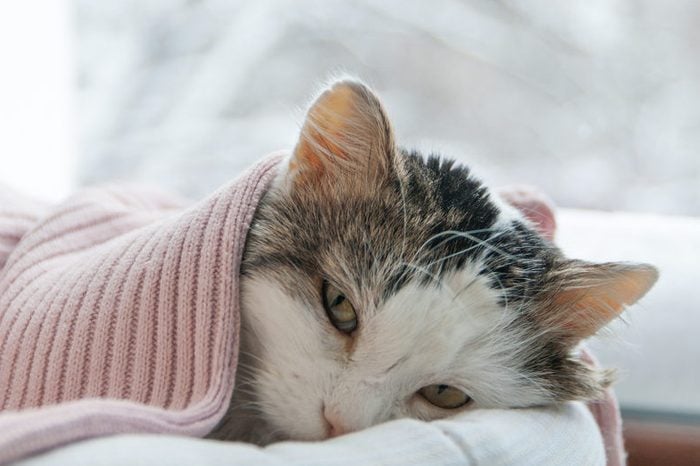Learn how to recognize signs of illness in cats and understand when it’s crucial to seek veterinary care for your feline friend.
Cat Health: Recognizing Signs of Illness and When to Seek Veterinary Care
Recognizing Signs of Illness in Cats
Cats are masters at hiding their pain and illness, so it can be difficult to tell when something is wrong. However, there are a few key signs that can indicate that your cat is sick.
Physical Signs
- Changes in appetite: If your cat suddenly starts eating more or less than usual, or if they stop eating altogether, this could be a sign of illness.
- Changes in weight: Sudden weight loss or gain can also be a sign of illness.
- Vomiting or diarrhea: These are common symptoms of many different illnesses, so it’s important to take your cat to the vet if they experience either of these.
- Changes in bathroom habits: If your cat is straining to urinate or defecate, or if they are urinating or defecating outside of the litter box, this could be a sign of a urinary tract infection or other problem.
- Skin problems: Changes in your cat’s skin, such as hair loss, itching, or redness, can be a sign of allergies, infection, or other health problems.
- Behavioral changes: Changes in your cat’s behavior, such as becoming more withdrawn or aggressive, or sleeping more than usual, can also be signs of illness.
Other Signs
- Increased or decreased vocalization: Cats typically only meow when they want something, so if your cat starts meowing more or less than usual, this could be a sign that something is wrong.
- Changes in breathing: If your cat’s breathing is rapid, shallow, or noisy, this could be a sign of respiratory problems.
- Changes in eyes or nose: Discharge from the eyes or nose, or redness or swelling around the eyes or nose, can be signs of infection or other problems.
- Pain: If your cat seems to be in pain, such as when they are touched or moved, this could be a sign of a serious illness.

When to Seek Veterinary Care
If you notice any of the signs listed above, it’s important to take your cat to the vet as soon as possible. Early diagnosis and treatment are essential for the best possible outcome for your cat.
It’s also important to note that not all of these signs are always indicative of illness. For example, some cats may vomit or have diarrhea after eating something that doesn’t agree with them. However, if these symptoms persist or are accompanied by other signs, such as lethargy or weight loss, it’s best to err on the side of caution and take your cat to the vet.
The best way to know if your cat is sick is to be familiar with their normal behavior and appearance. If you notice any changes, no matter how small, it’s always best to err on the side of caution and consult with your veterinarian.
The other thing you may notice is that your cat sleeps more, does not play as much, or restless. With some diseases, especially hyperthyroidism, your cat’s energy level may actually seem to increase to the point of hyperactivity.
Cats with arthritis or other joint problems may have difficulty moving around and may no longer jump up on furniture or counters, or may change the way they jump onto higher surfaces. If your cat suddenly is unable to use its back legs, she should be seen by your veterinarian immediately.
Tips for recognizing signs of illness
Here are some additional tips for recognizing signs of illness in cats:
- Pay attention to your cat’s normal behavior. This will help you to identify any changes that could be a sign of illness.
- Regularly check your cat’s body for any changes. This includes their fur, skin, eyes, nose, ears, and mouth.
- Weigh your cat regularly. This is a good way to track their weight and identify any changes.
- Take your cat to the vet for regular checkups. This is especially important for older cats, who are more likely to develop health problems.
By being aware of the signs of illness in cats and taking your cat to the vet for regular checkups, you can help to keep your cat healthy and happy.
Here are some additional resources that you may find helpful:
- The American Animal Hospital Association: https://www.aaha.org/
- The Humane Society of the United States: https://www.humanesociety.org/
- The National Animal Supplement Council: https://nasc.cc/
I hope this article was helpful. Please let me know if you have any other questions.











